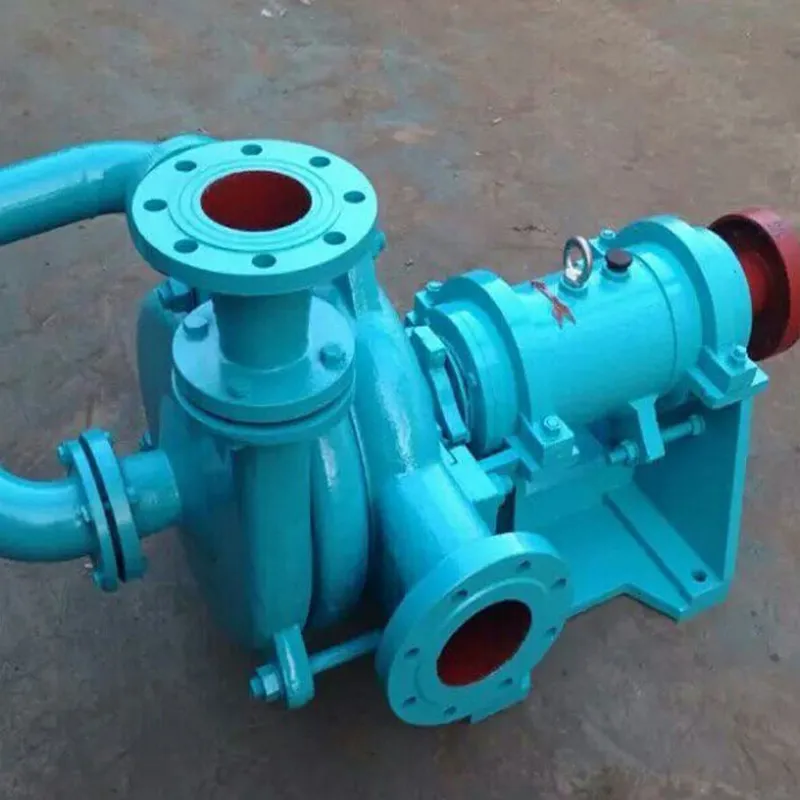English
- Afrikaans
- Albanian
- Amharic
- Arabic
- Armenian
- Azerbaijani
- Basque
- Belarusian
- Bengali
- Bosnian
- Bulgarian
- Catalan
- Cebuano
- Corsican
- Croatian
- Czech
- Danish
- Dutch
- English
- Esperanto
- Estonian
- Finnish
- French
- Frisian
- Galician
- Georgian
- German
- Greek
- Gujarati
- Haitian Creole
- hausa
- hawaiian
- Hebrew
- Hindi
- Miao
- Hungarian
- Icelandic
- igbo
- Indonesian
- irish
- Italian
- Japanese
- Javanese
- Kannada
- kazakh
- Khmer
- Rwandese
- Korean
- Kurdish
- Kyrgyz
- Lao
- Latin
- Latvian
- Lithuanian
- Luxembourgish
- Macedonian
- Malgashi
- Malay
- Malayalam
- Maltese
- Maori
- Marathi
- Mongolian
- Myanmar
- Nepali
- Norwegian
- Norwegian
- Occitan
- Pashto
- Persian
- Polish
- Portuguese
- Punjabi
- Romanian
- Russian
- Samoan
- Scottish Gaelic
- Serbian
- Sesotho
- Shona
- Sindhi
- Sinhala
- Slovak
- Slovenian
- Somali
- Spanish
- Sundanese
- Swahili
- Swedish
- Tagalog
- Tajik
- Tamil
- Tatar
- Telugu
- Thai
- Turkish
- Turkmen
- Ukrainian
- Urdu
- Uighur
- Uzbek
- Vietnamese
- Welsh
- Bantu
- Yiddish
- Yoruba
- Zulu
Telephone: +86 13120555503
Email: frank@cypump.com
Dec . 07, 2024 17:25 Back to list
septic pump systems
Understanding Septic Pump Systems A Comprehensive Overview
Septic pump systems play a crucial role in managing wastewater for homes and establishments that are not connected to a centralized sewer system. These systems are essential for both environmental sustainability and public health, especially in rural areas where sewage treatment facilities are not readily available. In this article, we will explore the functioning, components, benefits, maintenance, and common issues associated with septic pump systems.
What is a Septic Pump System?
A septic pump system is designed to treat wastewater from residential or commercial properties. Unlike traditional sewer systems, which transport waste to a centralized treatment facility, septic systems manage waste on-site. They typically consist of a septic tank, a drain field, and a pump that moves effluent to the drain field when gravity is insufficient.
Components of a Septic Pump System
1. Septic Tank The heart of the system, the septic tank is an underground chamber that receives and temporarily stores wastewater. It is made of concrete, fiberglass, or plastic and is designed to separate solids from liquids.
2. Pump Chamber In systems where gravity drainage is not feasible, a pump chamber is used. This chamber holds the liquids until they are pumped out to the drain field. It typically contains a submersible pump that activates when the water level reaches a certain point.
3. Drain Field After wastewater is treated in the septic tank, it flows to the drain field. The drain field consists of a network of trenches filled with gravel or other porous materials that allow effluent to safely percolate into the soil, where it undergoes further natural purification.
4. Piping Piping connects the various components, facilitating the movement of wastewater from the home to the septic tank and then from the tank to the pump chamber and drain field.
How Does a Septic Pump System Work?
When wastewater from the household flows into the septic tank, heavier solids settle at the bottom, forming sludge, while lighter materials like grease float to the top, creating scum. The partially treated effluent in the middle layer flows into the pump chamber, where the submersible pump activates when the effluent level rises. The pump then pushes the effluent into the drain field, where it disperses and is further treated by the soil.
Benefits of Septic Pump Systems
1. Environmental Protection Properly functioning septic systems help protect groundwater from contamination by efficiently managing wastewater.
septic pump systems

3. Independence Homeowners with septic systems are less reliant on municipal services and can often manage their wastewater needs more effectively.
4. Sustainability Septic systems treat wastewater on-site, allowing for a sustainable and eco-friendly approach to waste management.
Maintenance of Septic Pump Systems
Regular maintenance is crucial for the optimal performance of a septic pump system. Homeowners should adhere to several best practices
1. Regular Inspections Schedule inspections by a professional every 1-3 years to check for any signs of wear and tear or malfunction.
2. Pump Out the Tank Depending on usage, the septic tank should be pumped roughly every 3-5 years to remove accumulated sludge and scum.
3. Be Mindful of Water Use Reducing water usage can decrease the load on the septic system, preventing potential overflows and saturation of the drain field.
4. Avoid Flushing Non-Biodegradable Items Items like plastics, chemicals, and other non-biodegradable materials can clog the system and should be disposed of properly.
Common Problems and Solutions
Septic pump systems can encounter various issues, including blockages, pump failure, and overflows. Signs of problems often include foul odors, slow-draining sinks, and wet spots in the yard. If these issues arise, it's essential to consult a professional septic service provider to assess and resolve the problem before it leads to more significant complications.
Conclusion
Septic pump systems are vital for the safe management of wastewater in areas without municipal sewer connections. Understanding their components, operation, and maintenance can help ensure a smoothly functioning system and prolong its lifespan. With proper care and regular inspections, homeowners can enjoy the benefits of a septic pump system while safeguarding their health and the environment.
-
Horizontal Split Case Pump with GPT-4 Turbo | High Efficiency
NewsAug.01,2025
-
ISG Series Pipeline Pump - Chi Yuan Pumps | High Efficiency, Durable Design
NewsAug.01,2025
-
Advanced Flue Gas Desulfurization Pump with GPT-4 Turbo | Durable & Efficient
NewsJul.31,2025
-
ISG Series Vertical Pipeline Pump - Chi Yuan Pumps | Advanced Hydraulic Design&Durable Construction
NewsJul.31,2025
-
ISG Series Vertical Pipeline Pump - Chi Yuan Pumps | Energy Efficient & Low Noise
NewsJul.31,2025
-
pipeline pump - Chi Yuan Pumps Co., LTD.|High Efficiency&Low Noise
NewsJul.31,2025










